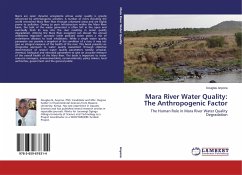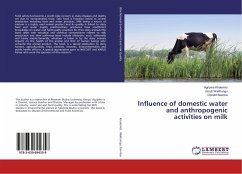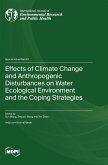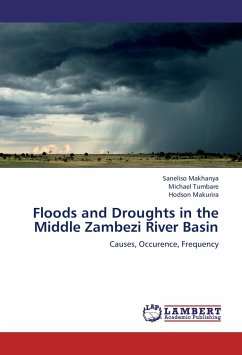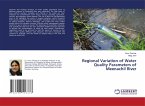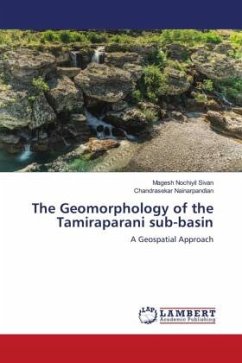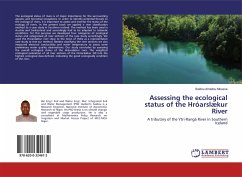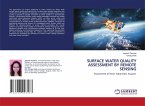Rivers are open dynamic ecosystems whose water quality is greatly influenced by anthropogenic activities. A number of rivers including the world renowned Mara River flow through urbanized areas and are highly prone to pollution. Owing to poor infrastructure within the Mara River basin, the bulk of the waste generated is often left in the open and eventually finds its way into the river resulting in water quality degradation. Altering the Mara River ecosystem can disrupt the annual wildebeest migration spectacle while polluted water poses a risk of waterborne diseases to local inhabitants. While a single water quality parameter can provide a snapshot of the condition of a river, it may not give an integral measure of the health of the river. This book presents an integrative approach to water quality assessment through collective determination of several water quality parameters namely: physical, chemical, biological and microbial parameters to give an accurate measure of the overall health of the Mara River. The book is important to water resource managers, environmentalists, conservationists, policy makers, local authorities, government and the general public.
Bitte wählen Sie Ihr Anliegen aus.
Rechnungen
Retourenschein anfordern
Bestellstatus
Storno

